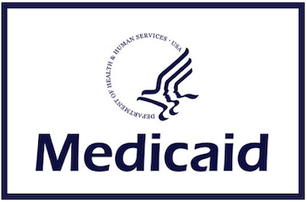Health Insurance for ALS |
|
Health insurance options are different for everyone. Insurance usually covers the majority of medical expenses—including equipment—for people who have been diagnosed with ALS. Though the process and paperwork can be confusing, it is well worth the effort to learn about and apply for the benefits you are entitled to receive.
Below you can learn about Medicare, Medicaid, and private insurance coverage and options. If you have questions or need assistance, contact the social worker at your ALS clinic or local ALS organization.
Below you can learn about Medicare, Medicaid, and private insurance coverage and options. If you have questions or need assistance, contact the social worker at your ALS clinic or local ALS organization.
Medicare and Social Security Disability Insurance
|
Most people living with ALS qualify for Medicare and Social Security Disability Insurance—regardless of age. Medicare can cover the bulk of your healthcare costs and SSDI provides a monthly income.
|
Medicaid
|
Medicaid provides health insurance to low-income adults and children. The primary criteria for Medicaid eligibility is financial, including income and assets. Every state’s eligibility formula is different.
|
Private Insurance
|
If you stop working due to ALS and get covered by Medicare, your family members may need to purchase health insurance from a private company. We provide tips on how to find the best plan for you.
|





